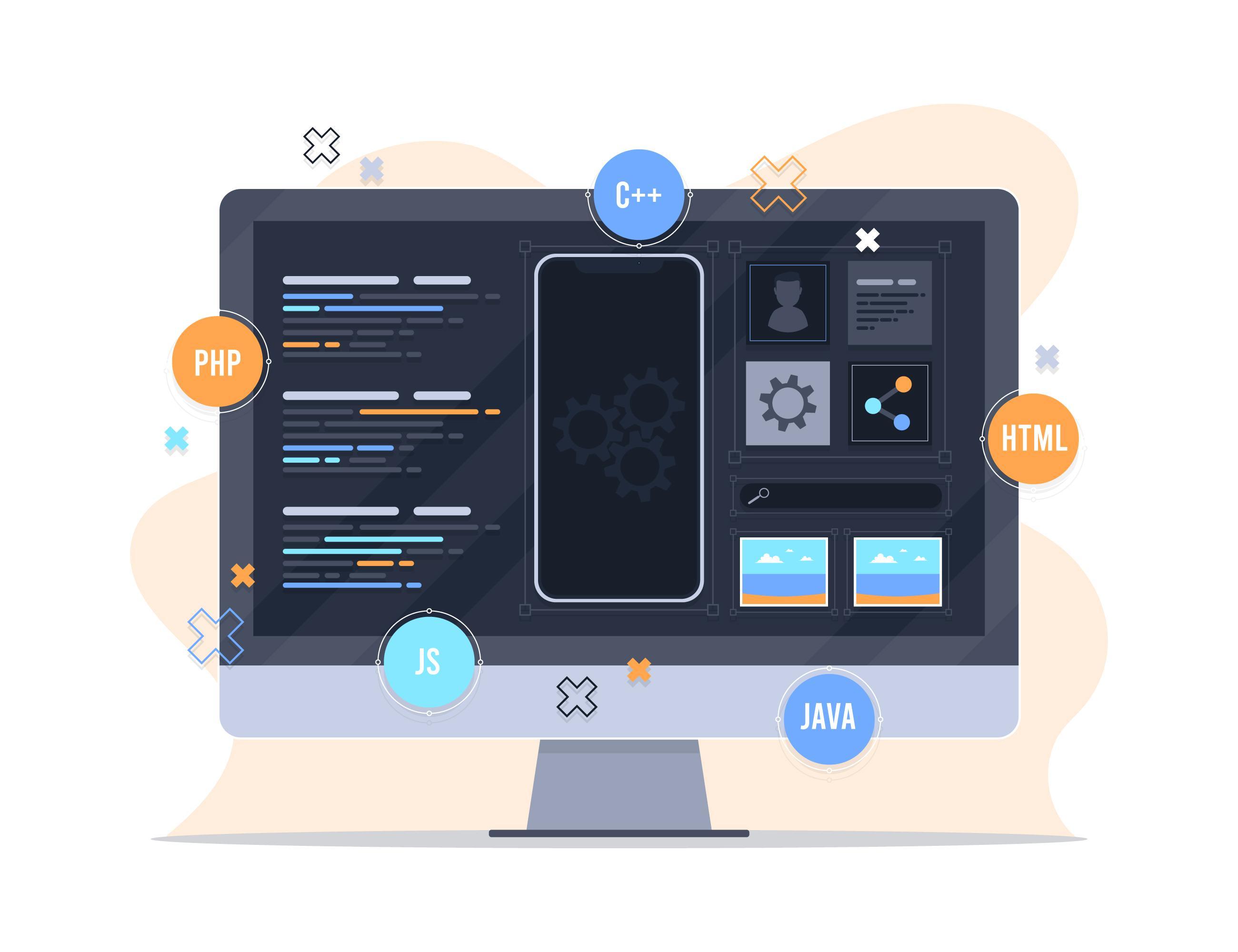
The Importance of Content Management Systems (CMS) in Simplifying Website Management
Managing websites can seem like a complex and exhausting task, especially when dealing with dynamic, constantly changing content. This is where Content Management Systems (CMS) come in to make the process easier. CMS platforms like WordPress and Drupal play a crucial role in simplifying content creation, publishing, and maintenance, making website management more efficient for businesses, developers, and even individuals. In this article, we will explore how CMS simplifies website operations and highlight their importance in improving the management experience.
A Content Management System (CMS) is a software that allows users to create, edit, and manage digital content on a website without requiring in-depth programming knowledge. Instead of manually writing code for each page or modification, CMS platforms offer an easy-to-use interface for performing these tasks. Popular CMS platforms like WordPress and Drupal provide flexible tools that enable even non-technical users to create professional websites.
One of the biggest advantages of CMS is its ease of use. With simplified graphical interfaces, anyone can edit content on the website without needing to write a single line of code. CMS interfaces allow you to:
CMS platforms help reduce the time and effort spent on website management. Instead of relying on developers for every small change, marketing or content teams can make adjustments themselves. This reduces the time it takes to implement changes and speeds up content publishing.
CMS systems facilitate collaboration among team members. You can assign different roles and permissions to various users, such as:
With CMS, adding or editing content becomes a straightforward task. Users can create pages and articles, upload media files like images and videos, and organize content using categories and tags—all without needing to modify the underlying code.
For example, WordPress provides a visual editor called Gutenberg, based on a block system, which makes it quick and easy to add text, images, tables, and videos.
CMS platforms offer a range of pre-designed templates that make it easy to build visually appealing, professional websites without needing a designer or developer. These templates can be easily customized to fit the company’s brand identity.
Additionally, plugins allow users to add new features to the website with ease. For example, you can add a contact form, improve SEO, or even integrate an eCommerce store with just a few clicks.
CMS platforms like WordPress and Drupal provide regular updates that enhance website security and fix bugs. Some CMS also offer automatic updates for new features, saving website managers time and effort in keeping up with continuous software improvements.
One of the key reasons businesses rely on CMS platforms is their ability to simplify SEO optimization. Most CMS platforms come with built-in tools and plugins for improving SEO, such as:
Example: Plugins like Yoast SEO on WordPress guide users on optimizing their content in terms of keywords, links, images, and readability, boosting their rankings in search engines.
CMS platforms like WordPress and Drupal are highly flexible and scalable. Whether you're managing a small blog or a massive website with thousands of pages, CMS can handle your needs. Benefits of scalability include:
You can easily add new functionality to your site through plugins and extensions. For example, if you want to add an eCommerce store to your website, you can use plugins like WooCommerce on WordPress.
CMS platforms can integrate with various services and other systems, such as payment systems, email marketing tools, and social media platforms. These integrations improve the user experience and increase the effectiveness of the website.
One of the advantages of open-source CMS platforms like WordPress and Drupal is the large community of users and developers. This community offers technical support, publishes updates, and develops solutions to problems that might arise. Additionally, these communities provide educational resources like blogs, tutorials, and forums to help users improve their knowledge of the system.
Security is a critical aspect of managing any website, and CMS platforms offer many solutions to secure websites. Platforms like WordPress and Drupal provide regular security updates to protect sites from attacks and breaches. Additionally, there are security plugins like Wordfence and Sucuri that offer added protection for websites.
By integrating CMS with analytics tools like Google Analytics, website managers can get detailed reports about the website’s performance, such as visitor numbers, traffic sources, and user behavior on the site. This helps improve strategies and provide better content to the website audience.
Content Management Systems (CMS) have revolutionized the way websites are managed, making content creation, editing, and publishing easier and faster. By offering user-friendly interfaces, SEO support, and integration with various tools, CMS platforms like WordPress and Drupal play a vital role in simplifying website management, making them indispensable tools for any business or individual looking to enhance their digital presence.
Your email address will not be published. Required fields are marked *